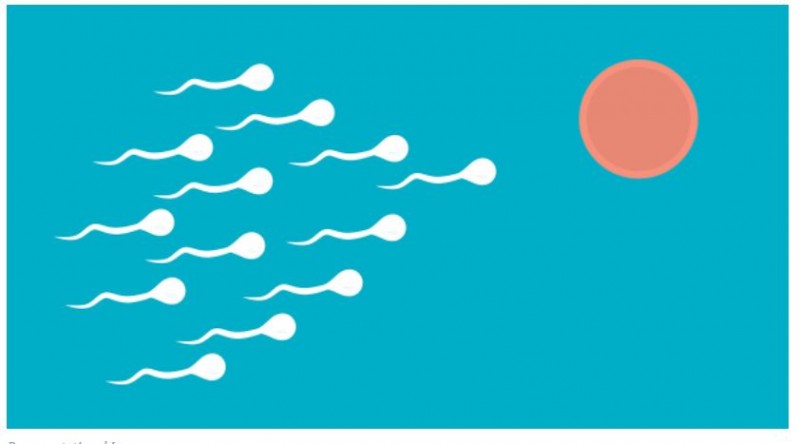
NEW YORK: According to a new study, a unique technique for determining the age of male sperm has the ability to predict pregnancy success and timing. According to a new study from Wayne State University researchers, sperm epigenetic ageing refers to the biological rather than chronological ageing of sperm.
Couples with male partners in older sperm epigenetic ageing categories had a 17 percent lower cumulative probability of conception after 12 months, according to the study.
"Chronological age is a significant determinant of reproductive capacity and success among couples attempting pregnancy," said varsity researcher J. Richard Pilsner. "However, chronological age does not encapsulate the cumulative genetic and external, environmental factors, and thus it serves as a proxy measure of the 'true' biological age of cells."
"Male infertility has been assessed using World Health Organization guidelines for decades, but the results are still poor predictors of reproductive outcomes. Thus, the capacity to determine the biological age of sperm could provide a fresh platform for evaluating the male contribution to reproductive success, particularly in infertile couples "Pilsner was introduced.
The scientists included 379 male partners of couples who stopped using contraception to become pregnant in the study, which was published in the journal Human Reproduction. Higher sperm epigenetic ageing was linked to a longer time to become pregnant in couples who did not receive reproductive therapy, as well as a shorter gestation in couples who did get pregnant.
Study finds new light on how genes contribute to diabetes
New drug that stops recurring brain tumour growth recognised
Single course of antibiotics affects child's gut microbiota: Study